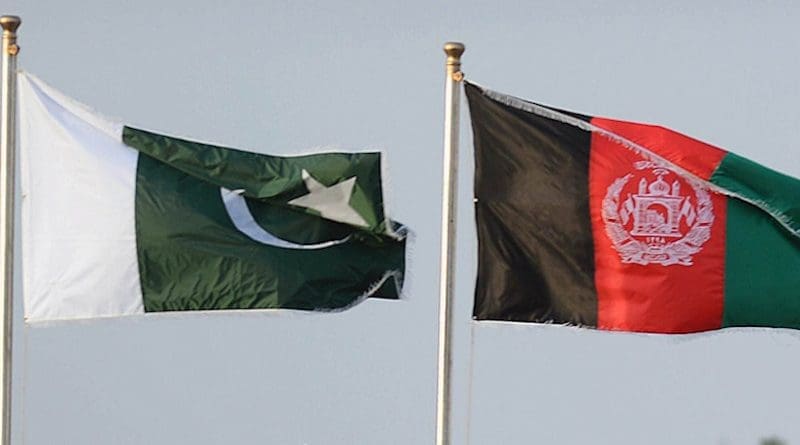Pakistan’s Efforts To Mitigate Afghanistan’s Humanitarian Crisis – OpEd
By Sehrish Khan
Afghanistan has been experiencing a humanitarian crisis since the US-led coalition forces withdrew from Afghanistan in August 2021 which was actually triggered by the international community’s refusal to recognize the new Afghan government. This is bizarre to understand that when there was no representative government of the people of Afghanistan, the whole world recognized it, but when the majority of the people of Afghanistan are with the Taliban, the Taliban and Taliban style of governing is not acceptable to the world. It was feared that another era of civil war would break out in Afghanistan but this did not happen and the Taliban did not face any resistance because there is no foreign intervention and interest in present Afghanistan and that is why it is difficult to run this country. It must be kept in mind that Afghanistan’s economy is 80% dependent on foreign aid. The severity of the current Afghan crisis can be gauged from this, and analysts expect that this crisis will kill more Afghans than the Afghans killed in the 20-year war. The majority of Afghan families have lost their livelihood over the past few months. The crisis in Afghanistan has its roots in the country’s banking sector and in the face of severe external sanctions on international humanitarian and development funds.
In a direct attempt to reduce the Taliban’s access to foreign assets, the US government imposed strict restrictions on transactions with Afghanistan’s central bank. Since the Taliban took over last year, the US government has suspended recognition of Afghanistan’s central bank, which has effectively cut off the country’s economy from the world, leaving millions of government officials, including teachers, health workers and other ordinary workers The payment of essential projects and salaries was severely hampered. At the same time, the United States has cut off most funding for development projects in addition to blocking international funding. Drought, political instability, and long-running conflict in Afghanistan had led to food insecurity and poverty before the US troops left, but the crisis escalated sharply in the months following the Taliban’s takeover. Billions of dollars in declining foreign development aid have wreaked havoc in Afghanistan. The majority of Afghans are starving and more than a million children under the age of five are at high risk of starvation.
According to the International Rescue Committee, Afghanistan tops the annual emergency watch list of these countries and the humanitarian crisis is likely to worsen in the coming months. Although the general law and order situation in Afghanistan is improving, the deteriorating humanitarian crisis is sounding the alarm for a major humanitarian catastrophe in the days to come. The Taliban government is not in a position to feed the Afghan people. Hunger is evident in every town, village, and street in Afghanistan. Long queues outside food shops and riots over food items have become commonplace in different parts of the country. Unemployment has also reached an all-time high. For the first time, a large number of Afghans are facing this hunger crisis. A severe shortage of finance and skyrocketing prices of basic commodities have also created a socio-economic crisis in Afghanistan. The situation is definitely getting out of hand and the effects of this crisis are being felt in the neighboring countries as well.
The role of Pakistan is admirable in the context of combating the worst humanitarian crisis in Afghanistan as Pakistan has remained at the forefront to sensitize the world about the worsening humanitarian situation in Afghanistan for seeking their help, in addition to initiating measures at the government, semi-government and philanthropic platforms to address the issue at its own. Pakistan’s announcement of humanitarian assistance package of five billion rupees for Afghan people includes 50,000 metric tonnes of wheat, medicines/ medical treatment, and shelters. Establishing a free eye camp in Kabul from 30 May to 5 June 2022 with joint endeavor and support of Al-Khidmat Foundation and PACF. The camp treated more than four thousand patients and operated on more than a thousand.
Pakistan in recent years had also funded two more hospitals namely Najib Aminullah Khan Logari hospital in Logar and Nishtar Kidney Centre hospital in Jalalabad. Future plans include the establishment of a nursing and allied health science college by the University of Lahore. Pakistan also allowed India to send wheat to Afghanistan and provided air and land routes to international donors for transporting humanitarian assistance to Afghanistan.
Thus, Pakistan is doing its bid for its brotherly country, however, it cannot alone address the grave humanitarian issue of its neighbor. It is time for the international community to come forward and play its role to help the Afghan masses who have been victim of decades of war in Afghanistan.

